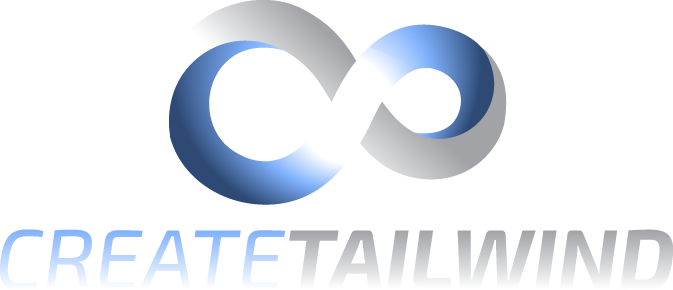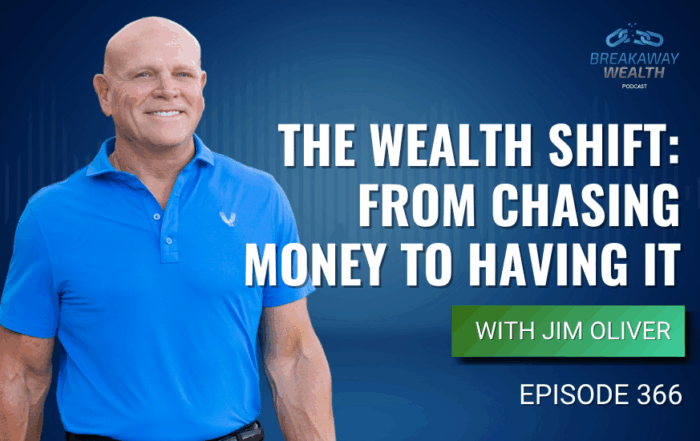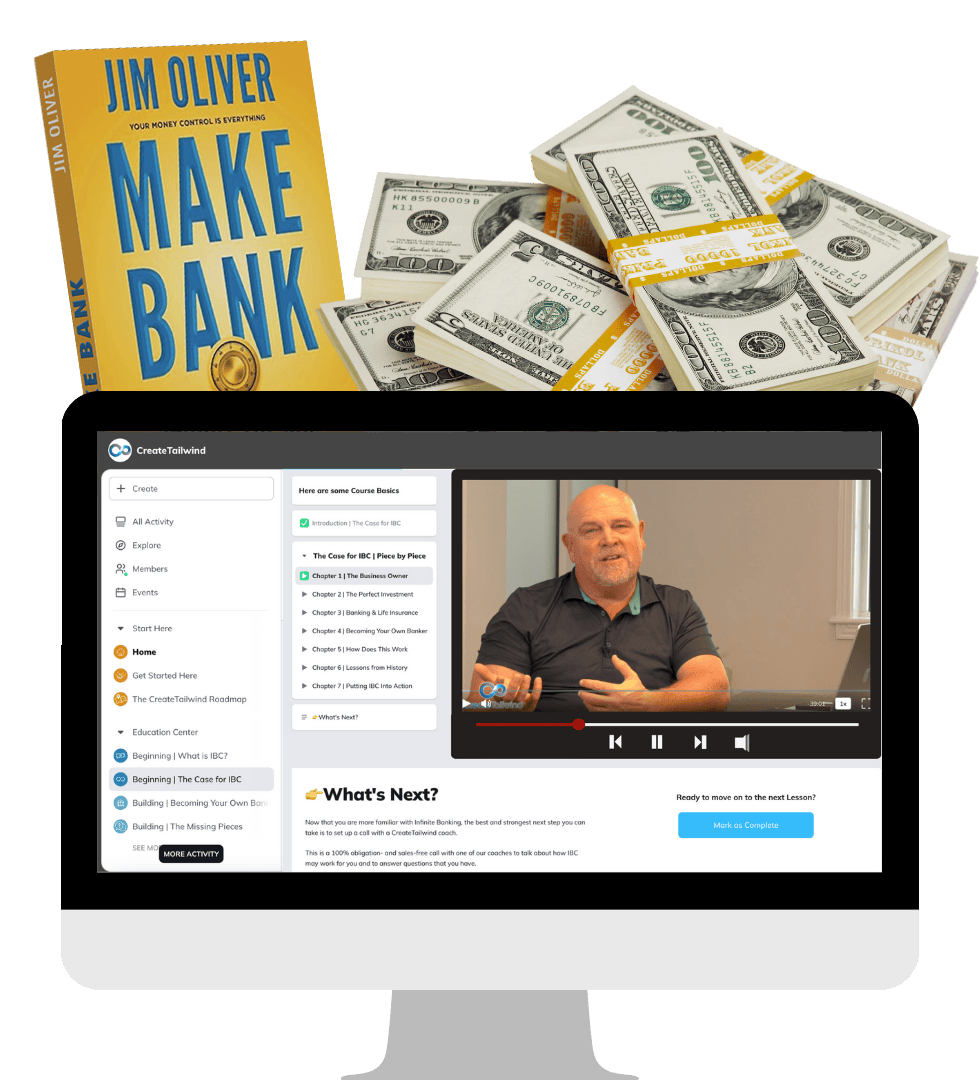The Art of War Meets Infinite Banking: Strategic Wealth-Building Tactics
- ioners choose to repay loans with interest to recapture what they would have paid a bank, growing their own fund.
- Repeat: The money you repay restores your policy’s cash value, ready to be used again. Over time, as you keep adding to your war chest, your capacity to finance projects grows larger.
In simple terms, IBC lets you take control of the banking function in your life. You become both the depositor and the lender, keeping the profits and interest within your personal economy. This strategy provides liquidity, flexibility, and a measure of certainty—your money isn’t subject to stock market swings, and you have a secure pool of funds to tap into for opportunities.
(If you want to learn more about how this works or feel stumped about the concept, check out the course in our free community, What is IBC?)
Now, how does all this relate to Sun Tzu’s Art of War? Let’s look at some of the general’s strategies and see how they line up with wealthy strategies through Infinite Banking.
“Win Without Fighting”: Becoming Your Own Banker
Sun Tzu taught that “Supreme excellence consists in breaking the enemy’s resistance without fighting.” In other words, the best way to win a battle is to win without a fight. How does this translate to personal finance and IBC? By becoming your own banker, you sidestep the need to fight with traditional banks for loans or favorable terms. You win by avoiding the battle altogether.
In the conventional world, when you want to buy a cash-flowing asset like a rental property or a business, you often have to fight for financing—applying to banks, justifying your creditworthiness, and sometimes competing with other borrowers. It can feel like a David and Goliath battle, where the bank dictates the rules of engagement (interest rates, loan terms, collateral requirements, etc.). But with Infinite Banking, you marshal your own financial reserves and fund investments yourself.
By “winning without fighting,” you achieve financing independence. No more fighting David or feeling unsure if you can get a loan. For example, instead of haggling with a bank over a loan and its terms to purchase a franchise – sometimes taking months of time – you could instead finance it via your policy loan. You simply request the money and have it available to you within a few days. The deal gets done without begging, and you keep control. This strategy also means you’re not splitting the spoils—the interest that would have gone to the bank stays with you. Over years and decades, avoiding interest paid to external lenders can save hundreds of thousands of dollars, which you can reinvest into more assets or your own business.
Real-World Example: Walt Disney “won without fighting” when he built Disneyland. In the 1950s, after banks refused to finance his vision, Walt Disney borrowed against the cash value of his life insurance policy to fund the construction of Disneyland. He sidestepped the traditional lenders and their doubts about him by using his own financial resource. In doing so, he created one of the world’s most iconic cash-flowing assets. In the same way, entrepreneurs today use IBC to launch companies or buy real estate—they create success on their own terms.
Leveraging IBC to Acquire Cash-Flowing Assets
How do you actually use Infinite Banking to buy real estate, businesses, or other investments?
Here’s a step-by-step approach:
- Establish Your Policy (Build Your Base): Work with professionals who have IBC-specific expertise – like CreateTailwind – to set up a properly structured whole life policy with a strong cash value component. This part is important. There are a lot of hucksters who pretend to know about IBC but have not actual success using it.
- Fund Your Policy: Fund this policy consistently, either monthly or annually, treating it like your personal bank’s vault.
- Identify a Cash-Flowing Asset: This could be a rental property, a commercial real estate deal, a business, or any investment that generates income.
- Borrow for Acquisition: When you’re ready to acquire, take a policy loan for the amount you need. Since the process is fast, you can move quickly on opportunities.
- Cash Flow Management: Use the cash flow from the asset to repay your policy loan. Now, the asset is “paying back” (and restocking) the Bank of You.
- Recapture and Recycle: As you pay down the loan, your available cash value restores—ready for the next investment.
- Repeat and Scale: Over time, reinvest in more assets, creating a snowball effect of growing wealth.
Become the General of Your Financial Future
Sun Tzu teaches us that victory comes from preparation, strategy, and good use of resources. Infinite Banking allows you to control capital, move quickly on opportunities, shield yourself from financial risks, and compound your wealth strategically.
By applying The Art of War strategies to your finances, you transform from a mere foot soldier at the mercy of banks and lenders into a general who orchestrates your own outcomes. Your financial freedom isn’t just possible—it’s inevitable if you plan and execute with wisdom.
So now you decide: Will you follow the herd, or will you strategize like a master and build wealth on your own terms? The battlefield is yours to control—victory awaits those who take action. Action cures everything.
By Jim Oliver
Sun Tzu’s The Art of War is famed for its timeless strategies on winning battles with wisdom and cunning. What if we could apply those same principles to conquering financial battles? In today’s constant, fast-paced world, business owners and investors are in a fight for financial security and growth. As an advocate of financial freedom, I’ve found that many of Sun Tzu’s strategies match up perfectly with modern wealth-building—especially when it comes to the Infinite Banking Concept (IBC).
IBC is a financial strategy that lets you become your own banker using a specially designed whole life insurance policy. In simple terms, you build up cash value in your policy and then borrow against it to fund investments or expenses, all while your money continues to grow inside the policy. By leveraging IBC, you can finance opportunities on your own terms, avoid the traps of traditional lenders, and keep more control over your cash flow. It’s an innovative approach to financial independence—and when paired with Sun Tzu’s strategic wisdom (“win without fighting” or “know yourself and your enemy”), it becomes a powerful formula for building wealth.
What is Infinite Banking (IBC) in Simple Terms?
Before diving into battle tactics, let’s get into the basics of Infinite Banking in plain English. The Infinite Banking Concept, pioneered by the late Nelson Nash, is a way to be your own bank. Instead of relying on traditional banks for loans or letting your cash stall out in savings accounts, you use a dividend-paying whole life insurance policy as your personal banking system.
Here’s how it works in a nutshell:
- Build Cash Value: You fund a specially designed whole life insurance policy with more money than just the standard insurance cost (overfunding). This extra money grows cash value in the policy.
- Earn and Grow: The cash value earns interest and dividends over time (tax-free in many cases), compounding steadily. Think of this as your war chest growing every day.
- Borrow on Your Terms: When you need funds for anything—buying a property, investing in a business, or even an emergency—you borrow against your policy’s cash value. Unlike a bank loan, there’s no lengthy application or interrogation.
- No Questions Asked: As long as your policy has cash value, you can get a loan with a simple request. Policy loan checks can arrive within days, without needing to explain how you’ll use the money.
- Pay Yourself Back: You set your own repayment schedule. While the insurance company will charge interest, you’re essentially paying that interest back to your own “bank.” Many IBC practit







